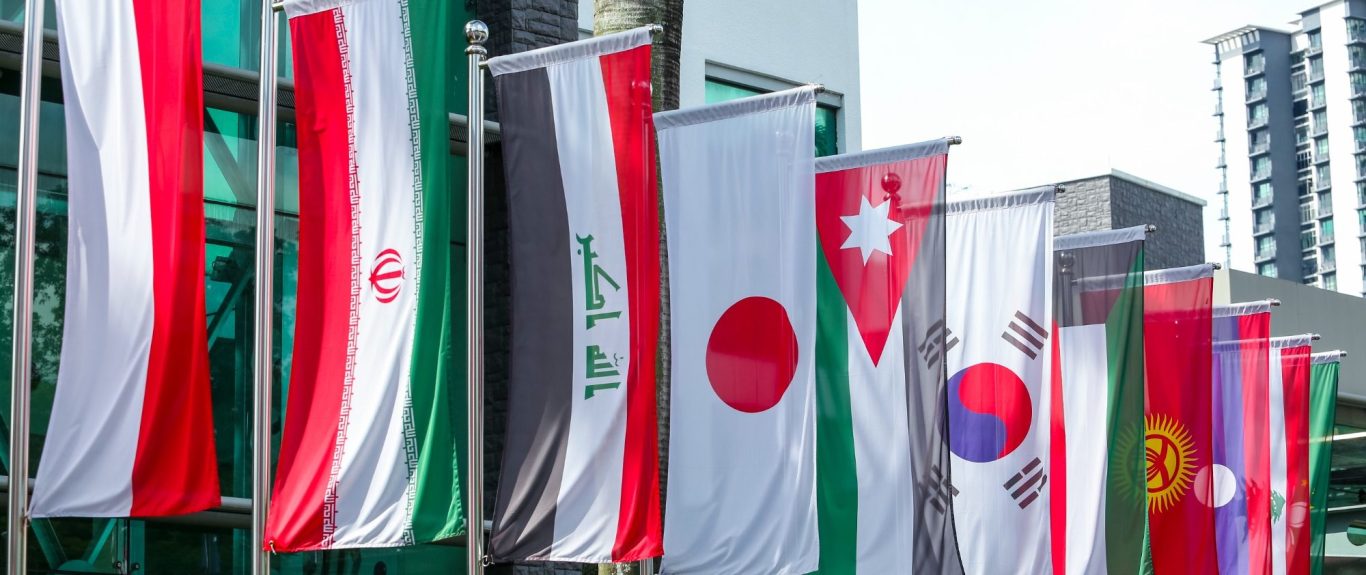The Impact of Prabowo’s Win:
What It Means for Indonesia’s Foreign Policy and Economy
Prabowo Subianto’s presumed victory in the recent presidential election in Indonesia has led to speculation about how the country’s foreign policy and economic outlook might change. In a recent debate, Prabowo mentioned that Indonesia is in a good position to handle its foreign debts, ensuring sovereignty. He pledged to continue the policies of the previous president, Joko Widodo,[1] including maintaining strong ties with China, which has been a significant investor in Indonesian infrastructure.
Prabowo also aims to position Indonesia as a major player on the global stage, particularly in Asia, emphasizing the need to strengthen maritime defense capabilities, especially in the North Natuna Sea, and actively engage in regional affairs, such as stability in the South China Sea.[2] He sees the potential conflict between the US and China and plans to strengthen ties with the US while avoiding being drawn into their rivalry.[3]
From the US perspective, Indonesia remains an important partner in the Indo-Pacific region, with expectations of continued security cooperation under Prabowo’s leadership. However, concerns exist about the impact of his presidency on Indonesian democracy due to his past authoritarian tendencies.[4]
The implications of Prabowo’s foreign policy suggest a focus on national interests while navigating the US-China dynamics and asserting Indonesia’s role regionally. This could lead to diversification in investment and a boost in investor confidence, as seen in the post-election influx of foreign capital.[5] However, there’s a need for caution regarding the long-term performance of stocks tied to Prabowo’s associates, given the evolving political landscape.
[1] Idrus, Pizaro, (2024), Where Is Jakarta’s South China Sea Policy Heading Under Prabowo? – Analysis, February 17. Retrieved: https://www.eurasiareview.com/17022024-where-is-jakartas-south-china-sea-policy-heading-under-prabowo-analysis/
[2] Herrero, Alicia, (2024), Indonesia’s Election Points to A Multipolar, Nationalistic World, February 16. Retrieved:
https://asiatimes.com/2024/02/indonesias-election-points-to-a-multipolar-nationalistic-world/
[3] Dominguez, Gabriel, (2024), Prabowo could usher in a new era in Indonesian foreign policy, February 15. Retrieved: https://www.japantimes.co.jp/news/2024/02/15/asia-pacific/politics/indonesia-prabowo-analysis/
[4] Myers, Lucas, (2024), Indonesia’s 2024 Election and Its Implications for US Foreign Policy, February 15. Retrieved: https://www.wilsoncenter.org/blog-post/indonesias-2024-election-and-its-implications-us-foreign-policy/
[5] Hadi, Aditya, (2024), Indonesia Expects to See Foreign Inflows Following Prabowo’s One-Round Win, February 15. Retrieved: https://www.thejakartapost.com/business/2024/02/15/indonesia-expects-to-see-foreign-inflows-following-prabowos-one-round-win.html

GEOPOLITICS
FEBRUARY 22, 2024
